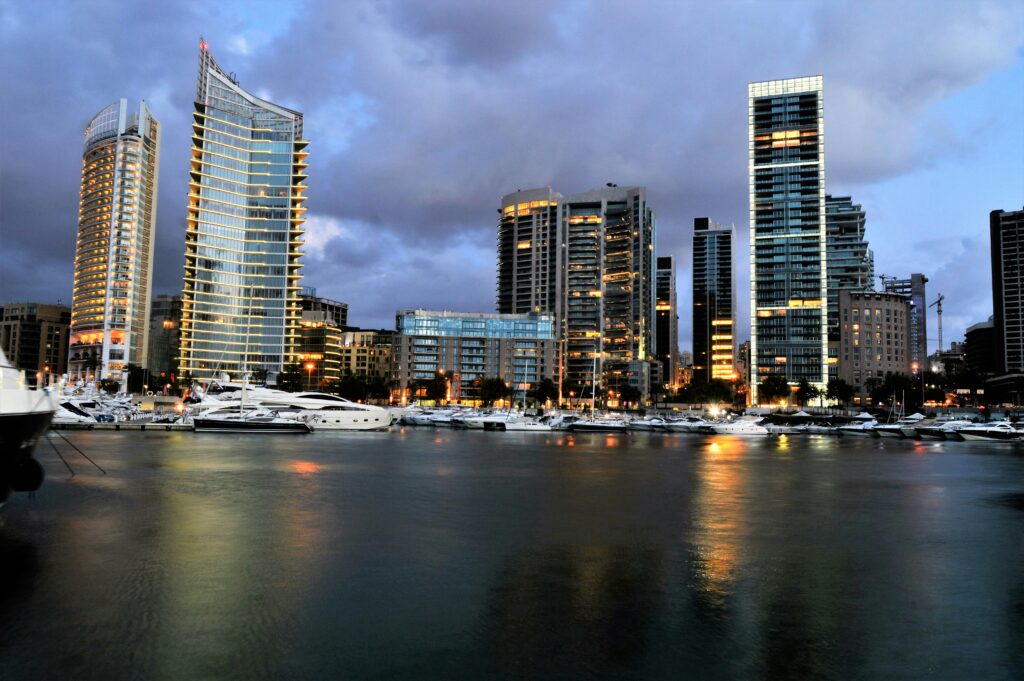
Understanding the Political Landscape in Lebanon
Lebanon has a rich cultural tapestry woven with historical intricacies. Yet, the thrill of visiting this beautiful country comes with an awareness of its political environment. Protests and checkpoints are part of daily life here. It’s essential to strike a balance between being adventurous and being cautious. These elements can pop up unexpectedly, so let’s dive into what to expect.
Why Protests Occur
So, why are there protests? The short answer: a mix of political, social, and economic issues. Many Lebanese people have taken to the streets over government corruption, economic mismanagement, and social justice. It’s not uncommon to see gatherings in cities, particularly in Beirut. By understanding the reasons behind these protests, you can approach the situation with empathy and awareness.
Imagine walking through the vibrant streets of Hamra while a protest kicks off in the square. Suddenly, you find yourself surrounded by chants demanding change, colorful banners flying high. It’s a powerful and energizing experience, but it can also feel a bit overwhelming if you’re not prepared.
Protests Are Common but Not Dangerous
Now, don’t let that scare you! While the frequency of protests might sound alarming, they are often peaceful and organized. Most Lebanese citizens are eager to share their message without causing harm. However, the atmosphere can change quickly. Keeping an eye on social media can help you stay informed about ongoing events. Apps like Twitter and local news outlets provide real-time updates.
Also, it’s good to remember that protests might lead to temporary disruptions such as roadblocks or rerouted traffic. Planning ahead can make or break your experience. You might want to check the latest news before heading out for the day, just to avoid any surprises.
Checkpoints: Normal Part of the Landscape
In addition to protests, checkpoints are another aspect of life in Lebanon. They can be found in various places, sometimes indicating a military presence, other times for security reasons. Traveling between regions, especially into areas with a more complex security situation, can require you to pass through these checkpoints.
What to Expect at Checkpoints
As you approach a checkpoint, it’s helpful to stay calm and be polite. Soldiers or police officers usually ask questions about your destination and may request identification. It’s a straightforward process that becomes part of your travel routine. If you’re passively listening, you might even pick up bits of local dialect—it’s like taking a mini cultural lesson while waiting!
Make sure your documents are in order. The last thing you want is to dig through your bag looking for your passport while the sun beats down. Having it accessible will save you time and make your interactions smoother.
Tips for Navigating Protests and Checkpoints
Here’s where the real meat of the experience lies. Preparing yourself can help you enjoy your travels without unnecessary stress.
Stay Informed: As I mentioned earlier, keep track of local news. Websites and social media can give you an idea of any planned protests or potential roadblocks.
Word of Mouth: If you’re staying at hotels or hostels, chat with the staff. They often have the most current information about safety and local happenings.
Travel Light: When moving around, pack essentials but leave unnecessary items behind. It’ll make passing through checkpoints easier, and you’ll appreciate the freedom of being light on your feet.
Choose Your Times Wisely: If you know there’s a major protest planned, consider rearranging your plans for that day. Take the opportunity to explore a museum or try that highly-rated restaurant that’s been on your list instead.
Avoid Confrontation: It’s wise to steer clear of any intense gathering. Join in on the positive vibes, but stay away from potential violence or unrest. There’s so much beauty in Lebanon to appreciate without placing yourself at risk.
Exploring Beyond the Chaos
Despite the occasional uproar, Lebanon is incredible. From the stunning landscapes of the Qadisha Valley to the vibrant culinary scene in Beirut, there’s no shortage of awe-inspiring experiences. Pair your cultural explorations with a bit of flexibility.
Building Connections with Locals
One of the best aspects of visiting Lebanon is meeting its people. The sense of community is palpable. Locals are generally welcoming and happy to chat about life in Lebanon—protests included. If you’re open, you might find some fascinating stories. And who knows? You could gain a new friend who can help navigate through the intricacies of Lebanese politics and culture.
Why You Shouldn’t Miss Lebanon
Lebanon might have its layers of complexity, but they are part of what makes this country unique. You can engage with the nuances of its political climate while still enjoying its magnificence. In many ways, these experiences add depth. You’re not just a tourist; you’re visiting a region rich with nuances.
So, embrace the adventure! Lebanon’s resilience is reflected not only in its breathtaking landscapes but also in the spirit of its people. You’ll learn, grow, and experience a slice of life that many only read about.
And if you’re interested in planning your trip with a little extra help, consider checking out travel blogs or forums where others share their tips and experiences. It’s a goldmine of practical wisdom.
[Related: example]
Travel safely and cherish every moment you spend in this vibrant country. You might just fall in love with Lebanon, quirks and all!
**Related Reading:** – [Related: How to Plan a Solo Trip on a Budget] – [Related: Top Destinations for First-Time Solo Travelers] **#SoloTravel #Protests #Checkpoints #Common #Lebanon #Safety #Guide**